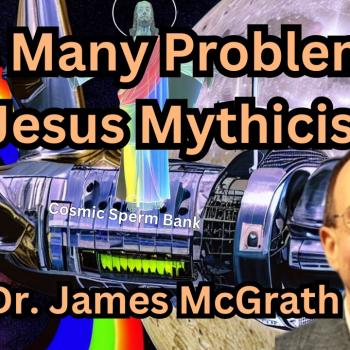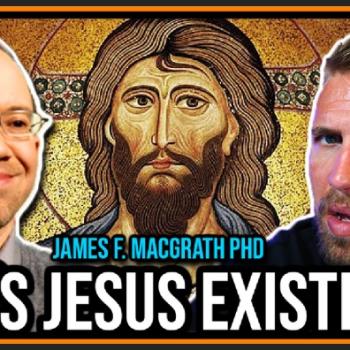Most of us have watched in horror and dismay as a small handful of people have spun conspiracy theories around the tragic shooting in Sandy Hook Elementary School in Newtown, Connecticut. Andii Bowsher has noted the connection with another sort of denialism, that which one encounters in Biblical studies. Andii quotes an article from The Guardian which I think is worth quoting at even greater length:
The point is that when you freeze any moment of history, then analyse it in extreme detail, you’ll always find numerous things that “don’t add up”. Every moment in history is full of them; it’s just that most moments in history are mundane, and therefore go un-analysed.
And “if you have any fact which you think is really sinister … hey, forget it, man,” Tink Thompson, a private detective who investigated the case, tells Morris. “Because you can never, on your own, think up all the non-sinister, perfectly valid explanations for that fact.”
In short: it’s not that the alleged Sandy Hook “discrepancies” are necessarily fabrications in need of debunking. It’s simply that any brief span of time, probed in sufficient detail, will be found to contain plenty of them: the changing witness reports and reports about the weapons involved; the quote in the newspaper, purportedly from the school principal who had, in fact, been killed; the seemingly strange lack of records concerning the recent life of Adam Lanza. And the overwhelming likelihood is that they signify nothing at all.
Sandy Hook trutherism is unforgivable, but the essential fallacy on which it rests – that facts we can’t account for must have a sinister explanation – is a widespread, human and dangerously seductive one. There’s much about last month’s tragedy in Connecticut that defies the search for meaning. Confronting that truth, even for those of us who are just onlookers, is hard. So it’s depressing, but not exactly surprising, that the Sandy Hook “truthers” can’t bring themselves to do so.
The parallels to other sorts of “trutherism” – including but not limited to Jesus mythicism – are strikingly obvious.
Of related interest, Jeff Carter has blogged about reading Meier’s A Marginal Jew.













